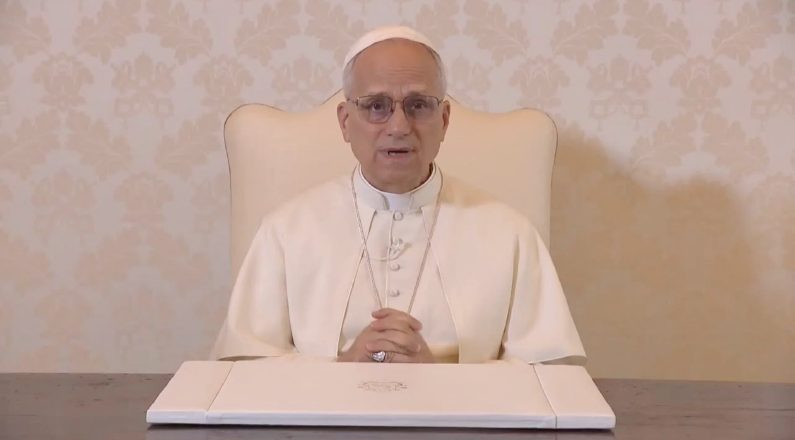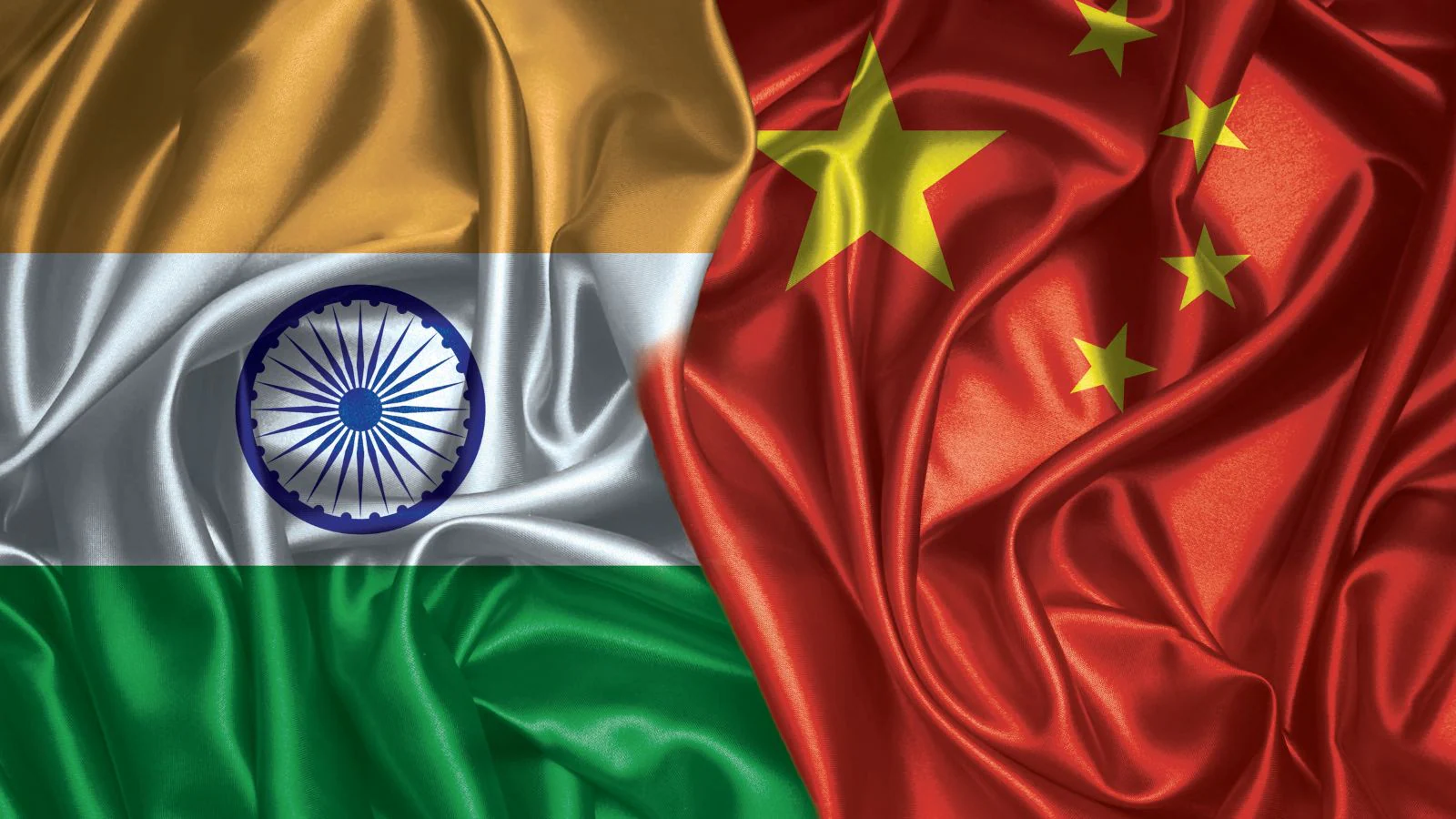By ZENIT Staff
Copyright zenit

(ZENIT News / Vatican City, 09.17.2025).- In a gesture that resonated deeply with echoes of his predecessor, Pope Leo XIV released a nine-minute video message on Friday, September 12, addressed to the people of Lampedusa. His words not only praised the island’s resilience in welcoming migrants but also hinted at the possibility of an upcoming papal visit.
“Today we greet each other from a distance,” Leo said warmly at the start of his address, “but I hope that soon we may do so in person.” The pope’s message was linked to Lampedusa’s bid for recognition as a UNESCO World Heritage site—a proposal rooted as much in the island’s history as in its humanitarian witness.
Lampedusa, Italy’s southernmost outpost, lies just 130 kilometers from Tunisia and has long stood on the frontline of Europe’s migration crisis. The small island has absorbed repeated waves of migrants and refugees arriving across the Mediterranean, often at great personal cost. Its reception centers, run by the Italian government and the Catholic Church, have struggled for decades to meet the demand.
By speaking directly to Lampedusa’s residents, Leo positioned them not as a remote periphery but as a beating heart of moral conscience for the continent. He even borrowed their local greeting—O’scià—to underscore his closeness. “You are a bastion of humanity,” he told them, “in a world where excuses, old fears, and unjust measures so often prevail.”
The moment recalled a landmark visit in 2013, when Pope Francis made Lampedusa his first journey outside Rome. Standing on the island’s shore, Francis threw a wreath into the sea in memory of the thousands who had perished crossing the Mediterranean. On that occasion, he denounced what he called a “globalization of indifference.”
Leo suggested that indifference has now evolved into something more insidious: a “globalization of powerlessness.” “We are more aware of what is happening,” he observed, “but risk remaining paralyzed—silent, sorrowful, overwhelmed by the sense that nothing can be done.” That sense, he warned, is built on a lie: that history is always written by the victors and cannot be changed. “History is devastated by the powerful,” Leo said, “but it is redeemed by the humble.”
The pope devoted much of his message to words of thanks—thanks he said belonged not only to him but to the entire Church. He cited associations, volunteers, mayors, doctors, priests, and security personnel who have offered “a smile and the care of a human face” to those arriving after desperate journeys. “There is no justice without compassion, no legitimacy without listening to another’s pain,” he said.
Acknowledging the fatigue of Lampedusa’s people, Leo encouraged them not to lose heart. “Like a runner, one can lose breath,” he admitted. “Fatigue can make us doubt what we have done, or even divide us. But we must respond together, remaining united and opening again to the breath of God.”
As he spoke of the countless victims—among them mothers and children—lost in the Mediterranean, the pontiff called the sea by its ancient Roman name, *Mare Nostrum*, “Our Sea.” Their cries, he said, rise not only to heaven but also to human hearts. Yet amid tragedy, Leo pointed to the survivors who have built new lives as a sign of hope. “Many have been buried in Lampedusa, like seeds in the earth from which life springs for a new world,” he said. “And thanks be to God, there are also thousands who today live better lives, never forgetting your charity.”
If Francis first brought the world’s attention to Lampedusa, Leo’s message suggests he is prepared to carry that legacy forward. And perhaps soon, in person, he may stand on the island himself, turning words of gratitude into a renewed call for mercy at Europe’s troubled threshold.
Thank you for reading our content. If you would like to receive ZENIT’s daily e-mail news, you can subscribe for free through this link.



